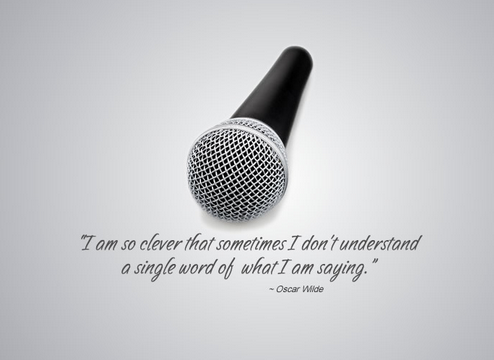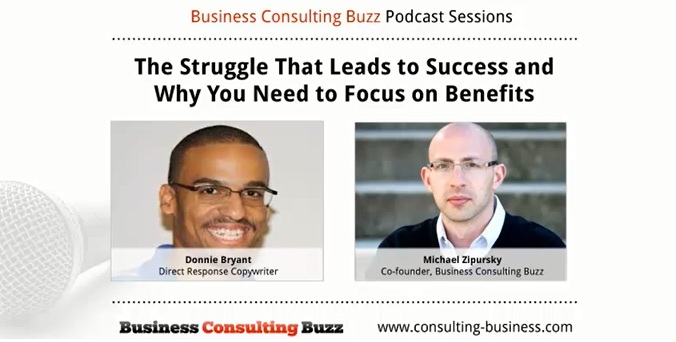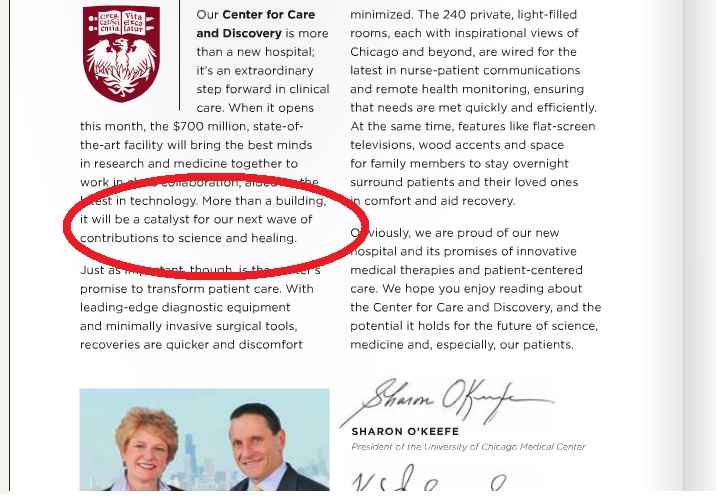How do you make people want what you’re selling? I mean, that’s the point of marketing, right?
Let me clarify one thing before we get started. I don’t believe in it’s possible to create desire. Our desires are pre-existing. Your job as entrepreneurs and marketers is to create products and services that there is already some existing desire for, then direct the desire our potential customers feel toward your offer.
Now, I hear what you’re saying. “There are companies making big money selling things people didn’t know they wanted. Just look at Apple. They’ve sold millions of devices nobody even knew they wanted.”
Steve Jobs himself said that “A lot of times people don’t know what they want until you show it to them.”
Jobs was dead wrong.
What about the auto industry? Henry Ford once said “If I’d asked my customer what they wanted, they’d have said a faster horse.” Nobody wanted cars. But in 2012, global car sales topped 80 million units.
Believe it or not, this apparent discrepancy actually proves that marketing is about selling what people already want. People may not have wanted a car, but they did want to travel faster. So Ford gave his customers what they wanted – it just came in a different package than they expected.
The same is true for Apple. Jobs and company didn’t create a brand new desire; they channeled desires that millions of people already had into a unique new line of products.
Apple didn’t invent music and inject it into the iPod. It just made it easier to access the tunes you love and carry them with you everywhere you go. Apple didn’t have to convince anybody that carrying one multi-capability device was better than hauling a music player, camera, GPS device and a phone.
The iGadgets are products appealing those already-present desires in an attractive new way.
So instead of asking “How do I make people want what I sell,” figure out how to channel your ideal prospects’ desires toward your product and the satisfaction they’ll experience when they buy it.
Vision, The Ne Plus Ultra of Desire Intensification
The real key to directing the desires of your potential customers is to create a vision, an image in their minds. Business gurus spend a lot of time talking about coming up with your own company vision, and that’s important. But until you’re building a vision in other people’s minds, you’ll always struggle to sell your product or service, especially if you’re not the cheapest, closest or only available option. (A precarious position at best.)
Even then, you face the danger of being overtaken by someone who does inspire visions in your customers’ minds.
Feast Your (Mind’s) Eye On This
According to Roy Williams, the 7th Law of the Advertising Universe is this: “Engage the Imagination, then take it where you will. Where the mind has repeatedly journeyed, the body will surely follow. People only go to places they have already been in their minds.”
Think about it. When you’re making a big decision, you’ve always imagined scenarios of how it will turn out. You’ve seen yourself enjoying the benefits of action or enduring the pain of indecision. You’ve smelled the salt air and felt the warm waves soaking your feet on Waikiki.
When you keep picturing something you want, that recurring vision heaps up desire that sooner or later you have to act on. Or go crazy.
Eugene Schwartz said this in Breakthrough Advertising:
“Above everything else, advertising is the literature of desire…Advertising gives form and content to desire. It provides it with a goal. These desires, as they exist in the mind of your prospect today, are indistinct. They are blurs—hazy, ambiguous, not yet crystallized into words or images. In most cases, they are simply vague emotions, without compulsion or direction. And as such, they have only a fraction of their true potential power.
“Your job is to fill out these vague desires with concrete images… your job is to show him in minute detail all the tomorrows that your product makes possible for him.
“This is the core of advertising—its fundamental function. To take unformulated desire, and translate it into one vivid scene of fulfillment after another. To add the appeal of concrete satisfaction after satisfaction to the basic drive of that desire. To make sure that your prospect realizes everything that he is getting—everything that he is now leaving behind him—everything that he may possibly be missing. The sharper you can draw your pictures…the more your prospect will demand your product, and the less important will seem your price.“
How Do You Score?
Are your marketing materials are delivering in these areas? Are they intensifying and directing the desires of the people you really want to do business with? Are you talking about what interests you or what interests them?
In Part 2 we’ll plunge a little deeper into this topic. In the meantime, make an effort to get to know your prospects and customers better than ever. It’ll be one of the best investments you can make.










